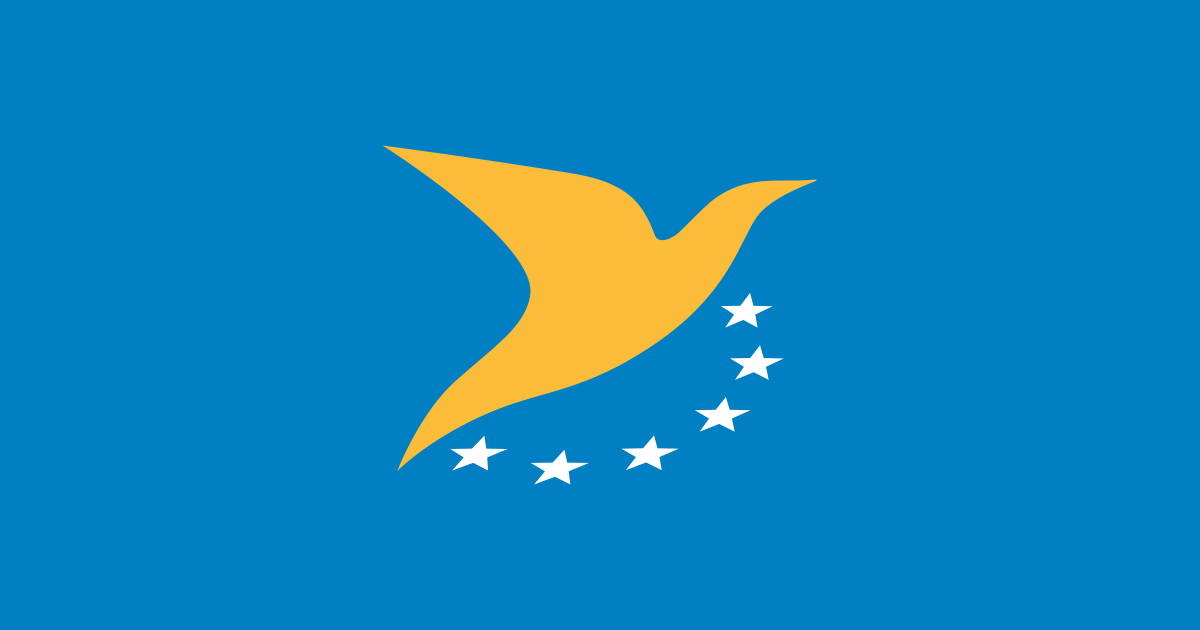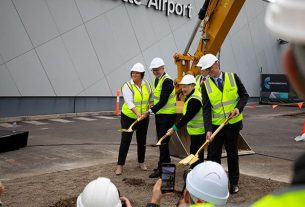COLOGNE, September 15 – Personnel, procedures and equipment for Air Traffic Management (ATM) and Air Navigation Services (ANS) will in future all fall under the regulatory framework of the European Union Aviation Safety Agency, laying the basis for a more efficient and consistent approach to evolution of operations in support of the deployment of the Single European Sky.
The European Commission published five regulations comprising the new regulatory framework to manage the interoperability of systems and constituents used to provide ATM/ANS, which were adopted on the basis of EASA Opinion No 01/2023, in the Official Journal of the European Union today.
The package reinforces the role of EASA by bringing ATM/ANS equipment under the EASA certification framework, therefore ensuring that all elements impacting the performance of ATM/ANS services are consistently managed from an end-to-end perspective.
‘This publication marks a key milestone for the modernisation of the European air traffic management system,’ said EASA Acting Executive Director Luc Tytgat. ‘For the first time, there will be a single EU regulatory framework covering all aviation domains on the ground and in the sky, driving the transformation of the air transport system.’
The framework introduces harmonised requirements for the certification or declaration of ATM/ANS equipment, as well as the procedures for the approval of organisations involved in the design or production of such equipment. The driving principle is the essential need to achieve a single and mutually recognised compliance demonstration methodology for the equipment used to support ATM/ANS service provision.
This addresses previous interoperability shortcomings and enables a more efficient EU market for this equipment, resulting in a safer, more secure, interoperable, and efficient operation of the European ATM network for all phases of flight.
The new approach recognises the essential role and responsibility of the equipment suppliers in bringing solutions to the EU market that are fit for purpose and meet the required level of operational performance.
Finally, the new rules will strengthen the value of industrial standards in the demonstration of compliance with the Single European Sky needs and requirements. EASA is working intensively with all relevant industry partners to support the implementation of the package.



